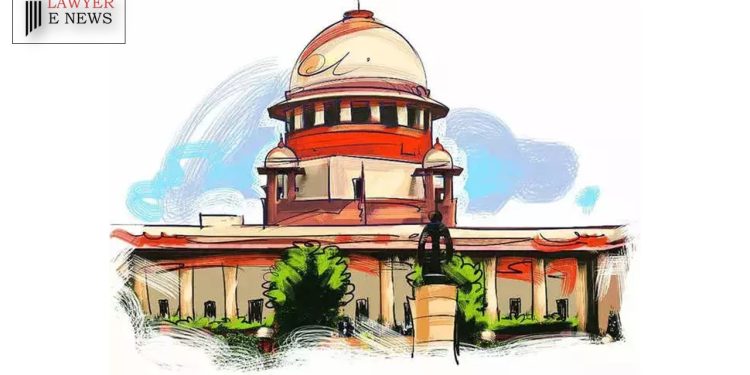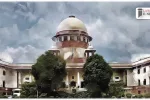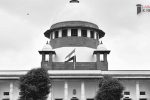Supreme Court Judgment Clarifies Distinction Between “Law and Order” and “Public Order”

In a significant ruling, the Supreme Court of India has provided crucial insights into the distinction between the concepts of “law and order” and “public order.” The verdict, delivered by a bench comprising Chief Justice Dr. Dhananjaya Y. Chandrachud, Justice J.B. Pardiwala, and Justice Manoj Misra on August 16, 2023, carries far-reaching implications for cases involving the maintenance of public order and individual rights.
The judgment stemmed from an appeal that challenged the detention of an individual under the Prohibition Act on the grounds of prejudicing public order. The court delved into a series of precedents to elaborate on the fine line between the two terms.
“The true distinction between the areas of ‘public order’ and ‘law and order’ lies not in the nature or quality of the act, but in the degree and extent of its reach upon society,” the bench quoted, emphasizing the paramount importance of assessing the impact on the community.
The court cited several landmark cases to illustrate the nuanced boundary between these terms. In one such case, it was highlighted that while every breach of law might lead to some disorder, it’s not all infractions that necessarily result in public disorder.
The ruling reiterated that while the nature of an act might not change, its potentiality to disturb the even tempo of the community’s life determines whether it affects public order. It emphasized that in determining whether an act affects public order, the “potentiality of the act to disturb the even tempo of life of the community” is a key consideration.
Additionally, the court highlighted that the “potentiality of the act has to be examined in the light of the surrounding circumstances, posterior and anterior for the offences” and that a mere registration of cases against an individual, such as a bootlegger, might not necessarily indicate a prejudicial impact on public order.
This landmark judgment has implications for cases across the legal spectrum, particularly those involving the preventive detention of individuals under various laws. The court’s meticulous analysis of past decisions and its insights into the finer nuances of the distinction between “law and order” and “public order” offer clearer guidelines for future cases, ensuring a more consistent application of legal principles.
Date of Decision: August 16, 2023
PESALA NOOKARAJU vs THE GOVERNMENT OF ANDHRA PRADESH & ORS.






